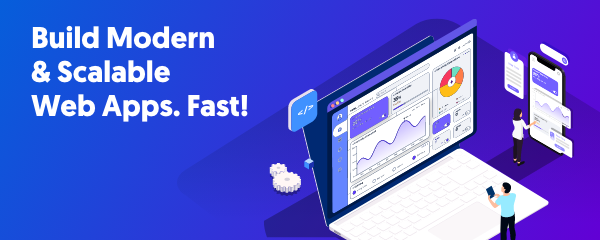Introduction
In the vast digital landscape, where countless websites vie for attention, achieving visibility is paramount. Search Engine Optimization (SEO) stands as the cornerstone for enhancing online presence, and Google, being the dominant search engine, offers a suite of powerful tools to bolster SEO efforts. From keyword research to performance tracking, harnessing Google SEO tools can propel your website towards higher rankings and increased organic traffic.
Understanding Google SEO Tools
Google’s arsenal of SEO tools encompasses a diverse range of functionalities designed to cater to various aspects of website optimization. These tools empower webmasters and marketers to fine-tune their strategies, ensuring maximum visibility on the search engine results pages (SERPs). Let’s delve into some of the essential Google SEO tools and their functionalities:
1. Google Analytics
Google Analytics serves as the cornerstone for understanding website traffic and user behavior. By providing comprehensive insights into visitor demographics, engagement metrics, and traffic sources, it enables webmasters to make informed decisions regarding content optimization and marketing strategies. Key features of Google Analytics include:
- Traffic Analysis: Track website visits, pageviews, bounce rates, and session duration to gauge user engagement.
- Audience Segmentation: Segment visitors based on demographics, interests, and behaviors for targeted marketing campaigns.
- Conversion Tracking: Monitor goal completions, e-commerce transactions, and conversion rates to assess the effectiveness of marketing efforts.
2. Google Search Console
Formerly known as Google Webmaster Tools, Google Search Console offers invaluable insights into a website’s performance on Google’s search results. It provides essential data and diagnostic tools to optimize website visibility and resolve any issues that may hinder its performance. Key features of Google Search Console include:
- Performance Reports: Analyze search queries, impressions, clicks, and click-through rates (CTR) for individual web pages.
- Index Coverage: Identify indexing issues, crawl errors, and security issues that may impact a website’s presence on Google.
- URL Inspection: Debug individual URLs to ensure they are eligible for indexing and appear correctly in search results.
3. Google Keyword Planner
Keyword research lays the foundation for a successful SEO strategy, and Google Keyword Planner is a powerful tool for identifying relevant keywords and assessing their search volume and competitiveness. Whether you’re optimizing existing content or planning new ones, Google Keyword Planner can guide your keyword selection process effectively. Key features include:
- Keyword Suggestions: Discover new keywords related to your niche or topic, along with their search volume trends.
- Search Volume Data: Access historical search volume data to gauge the popularity and seasonality of specific keywords.
- Competitor Analysis: Analyze keyword performance metrics for competitors’ websites to identify lucrative opportunities.
4. Google PageSpeed Insights
Page loading speed is a critical factor that influences both user experience and search engine rankings. Google PageSpeed Insights evaluates the performance of web pages on both mobile and desktop devices and provides actionable recommendations for improvement. Key features include:
- Performance Scores: Assess the loading speed and optimization level of web pages based on various metrics.
- Optimization Suggestions: Receive prioritized recommendations to enhance page loading speed and user experience.
- Mobile-Friendly Testing: Ensure that web pages are optimized for mobile devices to meet Google’s mobile-first indexing criteria.
5. Google Trends
Understanding trending topics and search queries can help tailor your content strategy to align with current interests and demand. Google Trends provides insights into search trends over time, geographic regions, and categories, enabling you to identify popular topics and capitalize on emerging trends. Key features include:
- Trending Searches: Explore real-time data on the most popular search queries worldwide or within specific regions.
- Topic Exploration: Discover related topics and queries to brainstorm content ideas or optimize existing content.
- Geographic Insights: Analyze search trends and interests across different regions to tailor localized content strategies.
Conclusion
In the ever-evolving landscape of digital marketing, leveraging Google SEO tools is essential for enhancing online visibility and driving organic traffic to your website. By harnessing the power of tools like Google Analytics, Search Console, Keyword Planner, PageSpeed Insights, and Google Trends, webmasters and marketers can gain valuable insights, optimize their content, and stay ahead of the competition in the highly competitive online arena. Embrace these tools, refine your SEO strategies, and watch your website climb the ranks on Google’s search results, ultimately reaching a wider audience and achieving sustainable online success.










